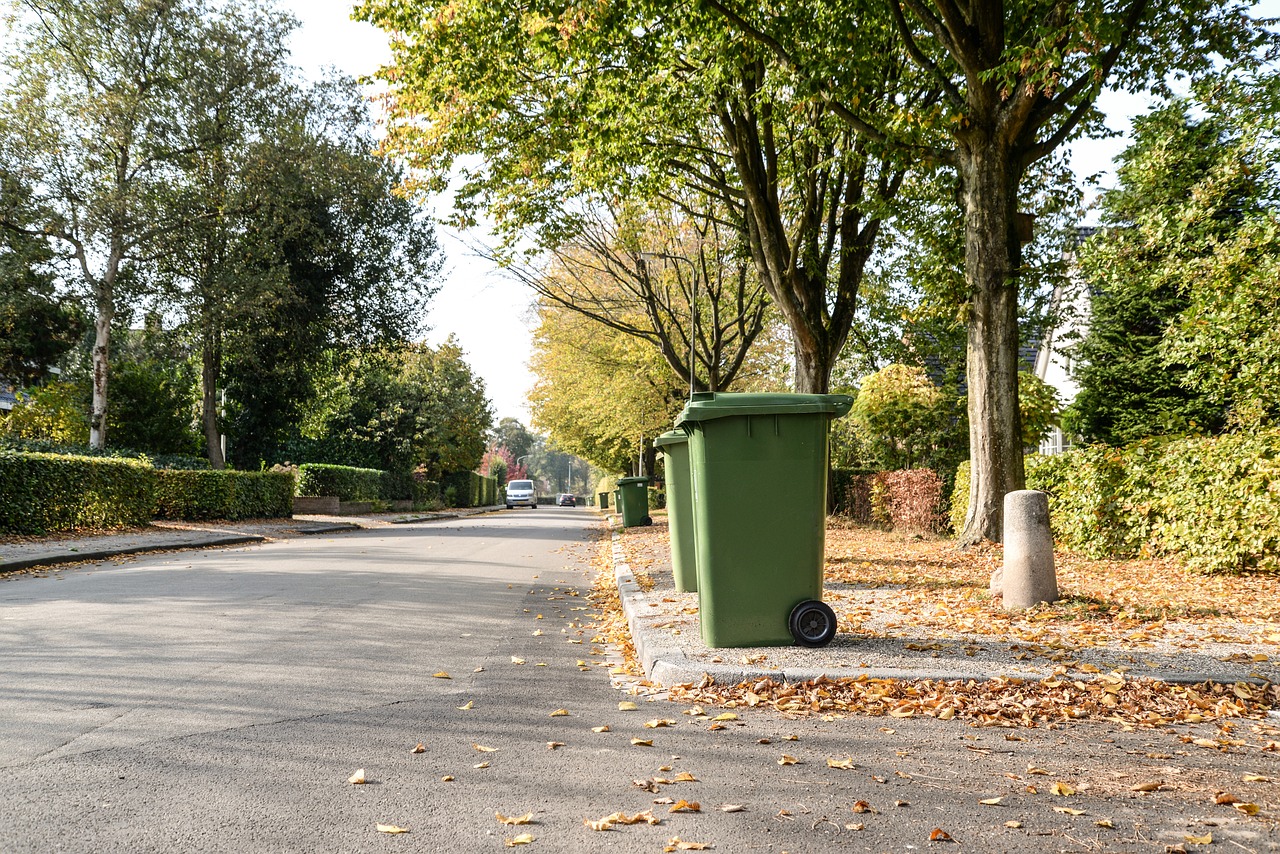Many proposals as we enter 2024 center on self-improvement. What about making a house solution, though? A significant way to lessen your economic effects, simplify your life, and possibly save money is to reduce household waste.
However, dealing with waste reduction can be difficult due to overflowing trash cans and unclear disposal regulations. Here is your thorough link to cutting your family waste in third this year, jam-packed with useful advice.
The Waste Review:
A spare inspection is essential before getting started. For a month, keep track of what goes into your garbage and recycling. It can be categorized as pure, package, paper, etc. – to find places that need to be improved. This knowledge serves as the basis for your waste-reduction efforts.
Accept the Three Rs: Reduce, Reuse, and Recycle

Waste reduction work continue to be built on the tenet “reduce, modify, recycle.” Analyze your usage patterns to find areas where you can reduce them first. To cut down on spend, think about buying products with little packaging and choosing large items.
In order to reduce waste, utilize is equally crucial. Instead of throwing things away after just one usage, think of inventive ways to reuse them. Older clothing can be changed into cleaning rags, glass jars can double as storage containers, and cardboard boxes may act as organizers.
Recycling is the last of the three Inr. components. Learn about your neighborhood’s disposal laws and make a conscious effort to recycle things like paper, plastic, glass, and material. Keep in mind that recycling properly maximizes its economic benefits.
Single- Apply Ditch Polymers
Plastics that are used exclusively substantially worsen the environment. Commit to reducing or eliminating single-use polymers in your home by 2024.
Invest in recyclable options like food containers, shopping bags, and water bottles. Also, think about avoiding plastic straws and utensils in favor of environmentally friendly alternatives made of bamboo or stainless steel.
Take control of the home
Overflowing boxes are primarily caused by foods waste. Here’s how to deal with it:
- Plan your foods: Make weekly menus to prevent inventories and impulse purchases.
- Master section control: Cook only what is necessary and effectively store leftovers.
- Accept imperfect produce: Do n’t let flaws in your appearance determine how edible it is.
- Make use of your refrigerator by freezing leftovers, food, and also ingredients for later use.
- Make imaginative use of scraps by converting fruit peels into broths or recipes and composting coffee grounds.
- Compost
Food waste makes up a sizeable percentage of home trash. Composting offers a straightforward and efficient way to remove natural waste from waste.
Begin composting kitchen scraps like eggshells, coffee grounds, and fruit and vegetable peels by investing in a waste bin. The soil can eventually be used to improve the soil in your garden, ending the cycle effectively.
Reduce Waste from Buying
The misuse of packaging can be greatly reduced by adopting conscious shopping habits:
- Embrace reusables by investing in food containers, water containers, coffee mugs, and shopping bags.
- Buy in bulk to reduce packaging spend by buying necessities like grains, beans, and spices in large quantities.
- Choose soft produce, uncooked cleaning supplies, and reusable dispensers as package-free options.
- Support package-conscious brands: Pick businesses dedicated to minimum waste and sustainable packaging.
- Refuse to accept single-use bags, straws, and silverware as needless package.
Eco-Friendly Hygiene Options

There are many environmentally friendly and waste-saving options in the toilet:
- Stop using disposable items and replace them with washable items like menstrual cups, aprons, and linen towels.
- To reduce package spare, choose concentrated shampoo, conditioner, and laundry detergents.
- DIY natural cleansing solutions are frequently more efficient and environmentally friendly than store-bought items.
- For sanitizing and washing, replace liquid soaps that are plastic-wrapped with bar soap.
- Compost with care: If your local software permits it, waste paper towels and toilet paper rolls in addition to cheap containers and containers.
Increasing Sustainability and Reducing Clothing Waste
Our closets can be a wasteful place. Here’s how to increase their sustainability:
- Invest in high-quality, long-lasting clothes while making wise purchases.
- Shop used: By purchasing and selling pre-loved products, you can extend the life of your clothes.
- Repair and restore: Avoid throwing away damaged clothing, learn how to fix things on your own, or hire a seamstress.
- Switch clothes with friends: Hold clothing swaps to revitalize your wardrobe.
- Donate properly by donating undesirable clothing to respectable shelters or charities.
Hacks for Cutting Waste in Every Room
Even minor adjustments in other sections can have a significant impact:
- Supplies for the office: Use recycled paper, reusable pens, and print infrequently.
- Electronics: Repair or give away used electrical rather than discarding them.
- Cleaning supplies: To reduce climate impact, select natural and non-toxic cleaning supplies.
- Choose lasting materials for home improvement and steer clear of pointless remodeling projects that produce waste.
- Often declutter: Donate or buy used items rather than letting them sulk and take up space.
Keep in mind that the trip to a zero-waste home takes time, not sprints. Celebrate your accomplishments, take lessons from your mistakes, and do n’t let failure deter you. You can drastically cut down on household waste by using these tricks and tips in 2024, which will benefit the environment and, possibly, your wallet.

